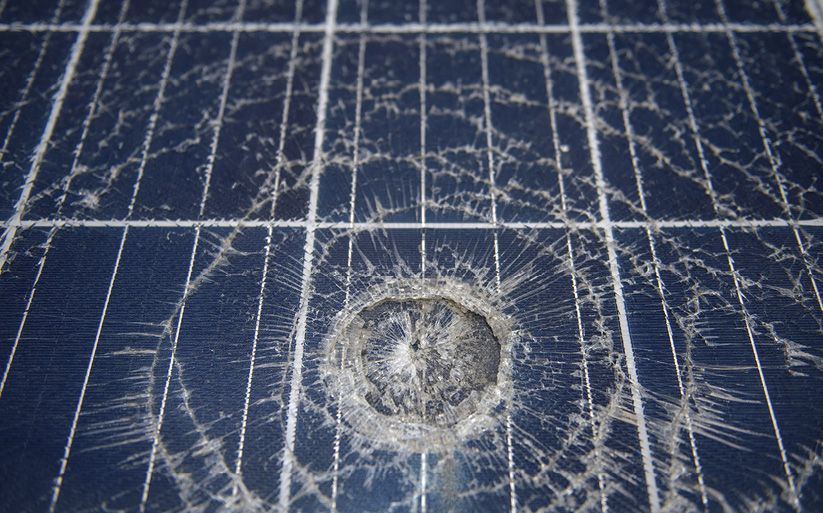
A new report of the International Energy Agency Photovoltaic Power Generation System Program (IEA-PVPS) estimates that the revenue loss caused by the pollution of photovoltaic modules exceeds 300 million euros (300 million dollars) every year. With the growing scale and efficiency of photovoltaic systems, this amount will only increase.
Pollution - photovoltaic modules covered with dust, dirt, sand or snow, receiving less sunlight - remains an underestimated issue for solar power generation systems. Nowadays, professional solutions come in the form of anti fouling glass coatings, automatic and manual cleaning products, and models that predict the most economical usage methods. However, our understanding of this issue is still evolving, especially as photovoltaic systems enter Uusimaa with different environmental conditions, the technology itself is also changing and improving.
A new report from IEA-PVPS Task 13 aims to further promote understanding of pollution, investigate in detail the mechanisms that lead to pollution, including the size and shape of individual particles that accumulate on the surface of the module, as well as the surrounding conditions that mitigate or worsen their effects.
The report estimates that in 2018, pollution caused a loss of at least 3% to 4% of global photovoltaic annual energy production, equivalent to a loss of 300 million to 500 million euros in revenue. It is expected that this proportion will increase to around 4% to 5%, and this year it will increase to 400 million to 700 million euros, thanks to the increase in photovoltaic devices in highly polluting areas, economic pressure, and greater production losses for more efficient photovoltaic modules due to pollution.
The report shows that pollution is a highly site specific issue, and even different areas within a single location can see completely different conditions. This leads the author to emphasize accurate monitoring of these as key components of the solution.
The ideal solution should be installed with minimal maintenance and be able to detect module and field level heterogeneous contamination with high precision, "said the scientist.
At the same time, more work is needed to develop accurate models to predict pollution rates at specific locations. Current efforts are either limited to very small areas or based solely on overly general satellite data, which cannot accurately describe on-site conditions.
They noticed encouraging progress in reducing pollution - prevention and correction solutions are now widely used - including anti fouling coatings and design aspects such as optimizing tilt angles and carefully designed cleaning solutions that do not damage modules or remove the aforementioned coatings. However, the best solution for any project depends on on-site conditions and may be a subtle economic calculation that emphasizes accurate monitoring and measurement.
The author also points out that as solar devices enter more areas affected by snow conditions, encouraging progress has been made in models and technologies for handling module snow load. Here, they point out the need for further research on specialized components and designs for snow conditions, including frameless modules, steeper tilt angles, snow removal coatings, double-sided modules, and attention to array height to minimize snow accumulation at the bottom edges of the modules, all of which are promising methods.
The report does not address "anthropogenic, Zoology or biological sources" of pollution - such as pollution, bird droppings or moss growth. just as pointed out in the report, all conclusions are similar.
Photovoltaic pollution will continue to be a global issue, and climate change is expected to exacerbate this issue as global temperatures rise and subsequent droughts occur, "the researchers said. Further progress in pollution modeling, adaptation, and mitigation is crucial.

